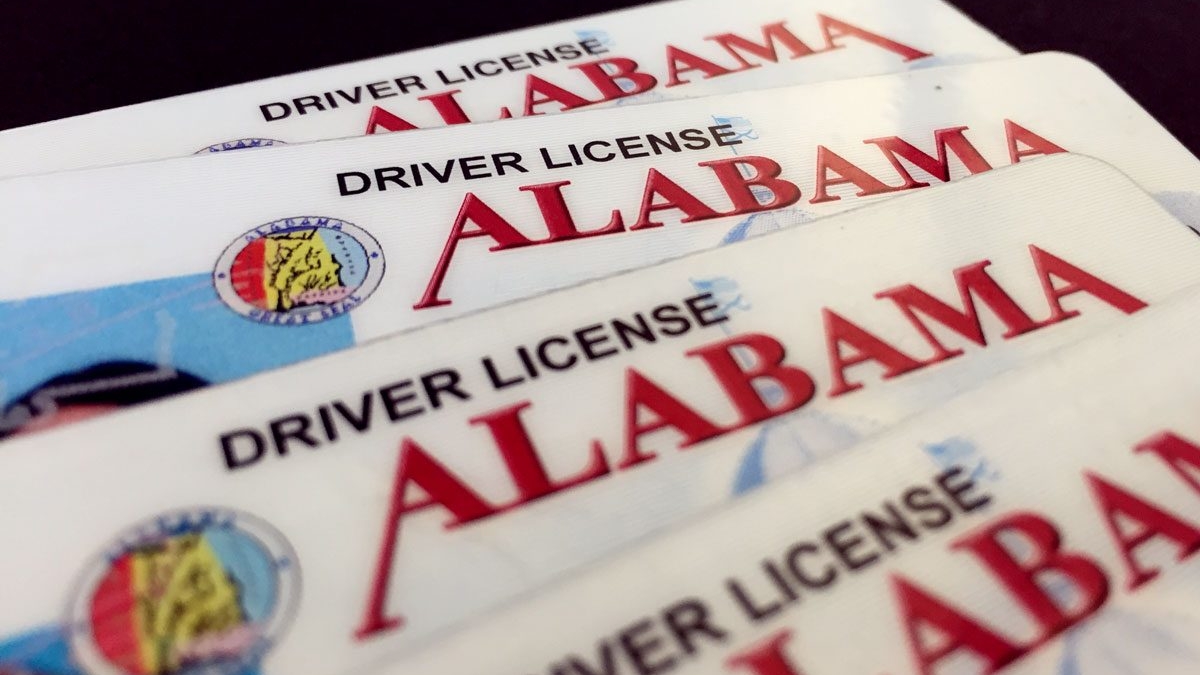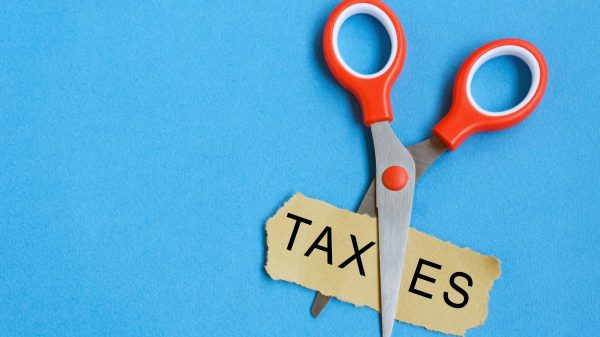|
Getting your Trinity Audio player ready...
|
A bill aimed at greatly reducing debt-based suspensions of driver’s licenses is on the calendar to be considered by the Alabama House of Representatives Tuesday in its final stop toward becoming state law.
The bill — HB264 sponsored by Rep. Tim Wadsworth, R-Arley — would change the law so that a person who fails to pay fines, fees and court costs for a traffic infraction would have to miss at least three court payments before having his or her driver’s license suspension.
“Nearly 170,000 Alabamians who have lost their driver’s licenses, not because they are habitually reckless or dangerous drivers, but because they failed to pay a traffic ticket or show up to court or discuss an unpaid traffic ticket,” said Akeisha Anderson, advocacy and policy director for Alabama Arise. “That’s 95 percent of people with suspended license.”
Anderson said she helped draft a version of the bill in 2020 while working for Alabama Appleseed.
The bill would allow a license or driving privilege to be suspended if an individual does not make his or her initial court appearance, or if he or she misses two or more subsequent court appearances, but requires the license or privilege to be reinstated upon compliance with the notice to appear.
Anderson said that the suspension of a driver’s license only adds to the problems for people in poverty, as is can prevent a person from gaining or maintaining employment.
“It’s silly, in my opinion, that we fund our state budget off of practices like this that harm low-income families,” Anderson said. “People can’t pay off their ticket, they lose their license and lose their job and have even more trouble paying off the ticket because, oftentimes, that job is the sole vehicle for being able to pay off the ticket.”
That doesn’t just hurt the individual either, Anderson said.
“When we think about the workforce shortage right now, it really harms our economy that everyday people can’t often get a job if they don’t have a driver’s license,” Anderson said.
Alabama Arise cites a UAB study that if everyone with a debt-based driver’s license suspension had kept their license—and their jobs—the state would have brought in an extra $277.8 million in income and gas tax revenue compared to the $1442 million in outstanding debt owed by the drivers.
A 2023 study showed that 31 percent of underemployed and unemployed people cited lack of transportation as the reason they were not reaching their potential.
The bill does not change Alabama’s system of adding points to licenses, leading to suspensions for people who demonstrate habitual reckless driving.
The bill would apply retroactively, providing an instant boost by immediately ending numerous suspensions.























































